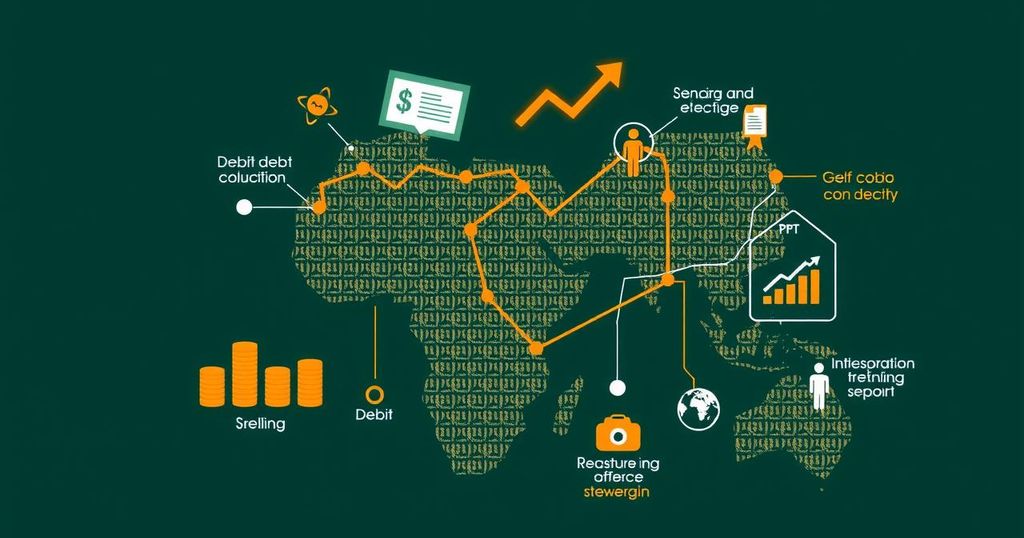This article investigates the complex interplay between public debt and education in Zimbabwe, Eritrea, South Sudan, and South Africa, highlighting how financial and governance challenges impede educational access. It emphasizes the need for strategic debt management and alignment with international frameworks to prioritize education, combat corruption, and engage communities in enhancing educational outcomes, ultimately advocating for a sustainable future that upholds the right to education for all.
The intricate relationship between public debt and the right to education has been explored through the examples of Zimbabwe, Eritrea, South Sudan, and South Africa. Each of these nations faces unique challenges that stem from financial constraints, governance issues, and historical contexts that affect their educational systems. In Zimbabwe, hyperinflation and economic mismanagement have hindered investment in public services, leading to severely underfunded schools and poor educational outcomes. Eritrea’s strict self-reliance and prioritization of military expenses over education have similarly stunted educational access, exacerbated by national service requirements that disrupt students’ opportunities.
Despite being economically more advanced, South Africa struggles with educational inequalities rooted in its apartheid legacy, where insufficient funding has resulted in overcrowded classrooms and disparities across regions. In South Sudan, ongoing conflict and corruption have diverted funds away from education, further complicating the nation’s already challenged educational infrastructure. The national budget reflects a concerning trend, allocating minimal resources for education amidst pressing debt obligations.
Common among these cases is the pressing need for comprehensive debt management strategies that prioritize educational investments. Sustainable solutions must include cooperative efforts from both debtor nations and lenders to alleviate the debt burden and free up necessary resources for educational improvements. Furthermore, all nations must align their policies with international frameworks like the International Covenant on Economic, Social and Cultural Rights (ICESCR) and the United Nations’ Sustainable Development Goals (SDGs), ensuring that education is safeguarded even amid fiscal challenges.
Effective debt management must also tackle governance issues, combat corruption, and encourage transparency to optimize resource allocation for education. Engaging local communities and stakeholders in financial decisions can enhance accountability, ensuring educational needs are met equitably. Addressing the nexus between debt and education is critical for fostering a sustainable future and upholding the right to education for all individuals, particularly those in the most precarious situations.
The article discusses the critical link between public debt and access to quality education in various African countries—specifically Zimbabwe, Eritrea, South Sudan, and South Africa. Each country’s unique historical, economic, and political challenges highlight the detrimental impact of debt on educational systems. By analyzing these experiences, the article aims to extrapolate lessons that can apply globally, particularly concerning international legal frameworks that emphasize the right to education as crucial for social and economic development.
The exploration of debt and education convergence across Zimbabwe, Eritrea, South Sudan, and South Africa reveals that addressing educational deficits necessitates a multifaceted approach to debt management intertwined with effective governance. By prioritizing educational investment, both debtor nations and international lenders can cultivate the resources necessary for enhancing educational infrastructure. Enhanced transparency, accountability, and community engagement are vital to ensure that the right to education is upheld, ultimately leading to more equitable and sustainable national development.
Original Source: www.amnesty.org







